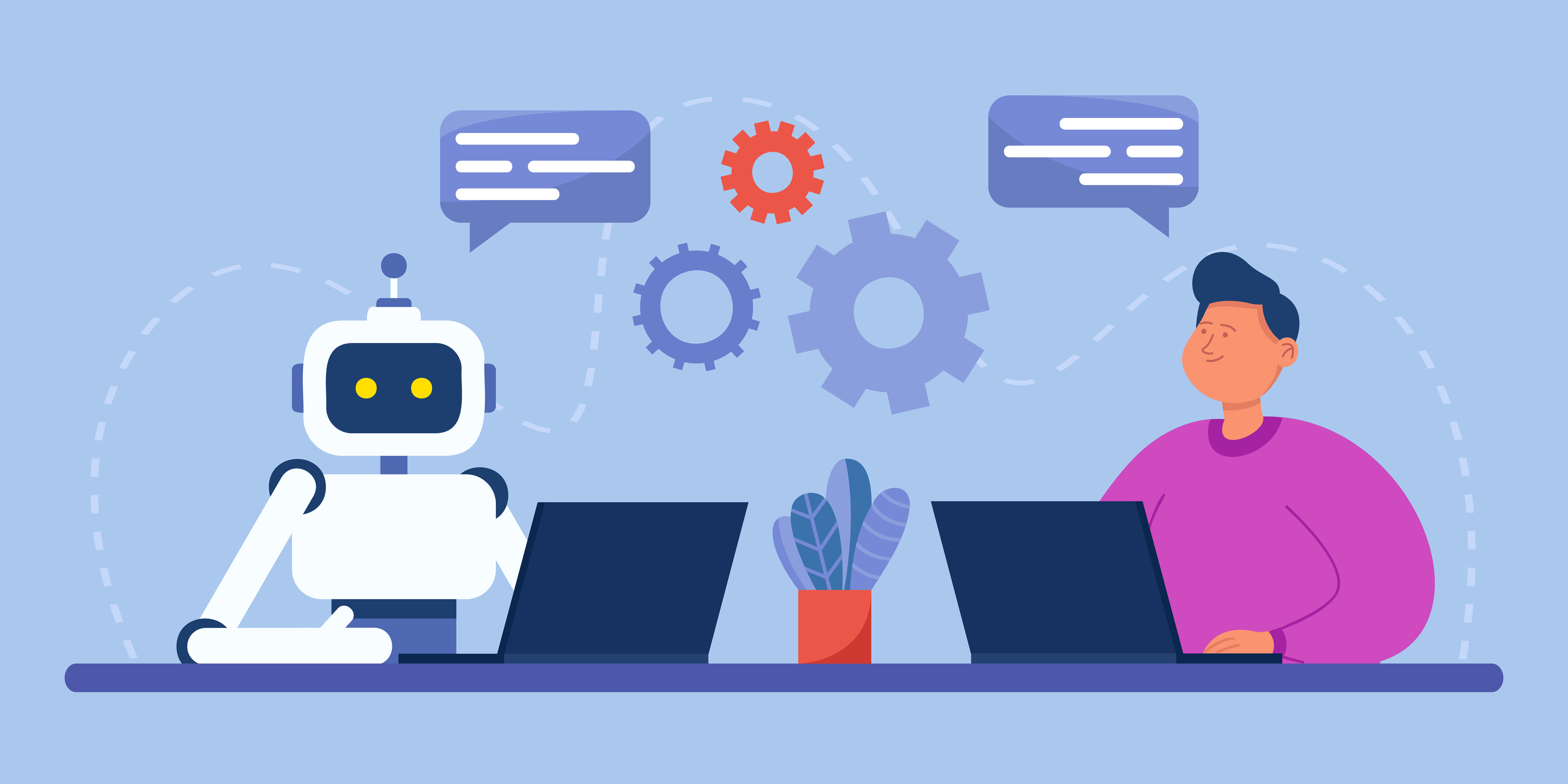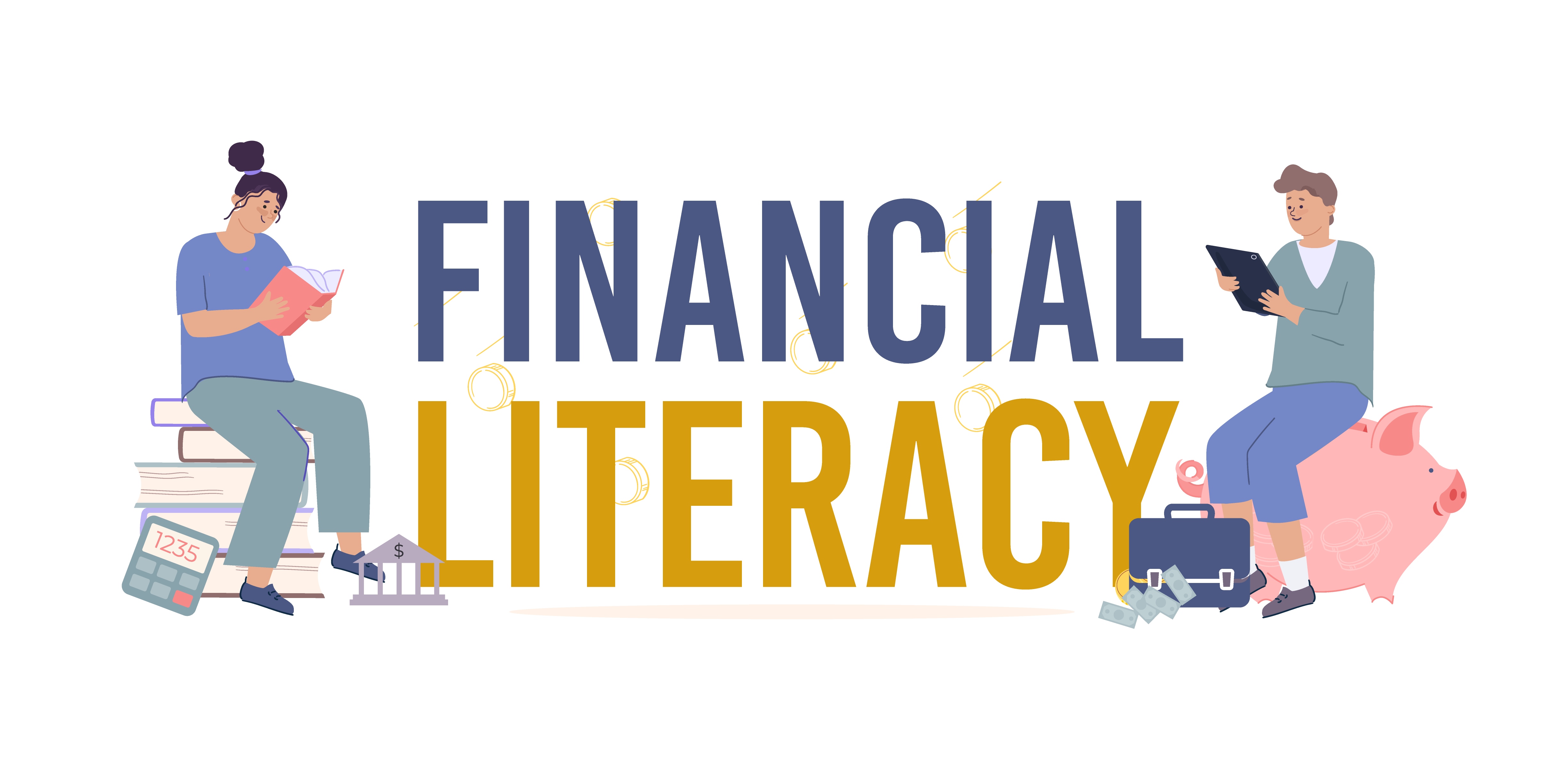What is Intermittent Fasting?
Intermittent fasting (IF) describes an eating pattern that switches between eating and fasting periods. IF centers on meal timing, not food choices. This time-based approach to eating helps your body burn more fat and has a positive impact on your overall health.
Unlike typical diets, IF doesn't ask you to count calories or limit what you eat. Most people find it uncomplicated, adaptable, and easy to stick with.
Popular Methods of Intermittent Fasting
You can do intermittent fasting in several ways. Your choice depends on your daily routine, health aims, and how your body reacts.
1. 16/8 Method
You don't eat for 16 hours and have your meals within an 8-hour window. Here's an example: you eat from 12 PM to 8 PM and go without food from 8 PM to 12 PM the next day.
2. 5:2 Diet
You eat for five days a week and cut your calorie intake (about 500–600 calories) for the other two days, which aren't back-to-back.
3. Eat-Stop-Eat
This means you avoid food for a full 24 hours once or twice a week. For example, you stop eating at 8 PM and start again at 8 PM the following day.
4. Alternate-Day Fasting
You skip meals every other day. Some plans let you eat small amounts (around 500 calories) on fast days.
Health Benefits of Intermittent Fasting
Research backs up several health perks of intermittent fasting, including boosts to physical, mental, and metabolic well-being.
1. Weight Loss and Fat Burning
Fasting raises hormone levels that break down fat and speed up metabolism, which helps you shed pounds.
2. Better Insulin Response
Intermittent fasting cuts down insulin resistance, which lowers your chances of getting type 2 diabetes.
3. Heart Health
It brings down blood pressure, cholesterol, and inflammation—things that play a role in heart disease.
4. Brain Function and Clarity
Fasting has an influence on increasing brain-derived neurotrophic factor (BDNF). This helps brain health and lowers the chance of neurodegenerative diseases.
5. Anti-Aging and Longevity
Studies on animals reveal that intermittent fasting can lengthen lifespan and slow the aging process.
What to Eat During Fasting Periods
The fasting window means you should skip calories. But you can have:
-
Water (plain or sparkling)
-
Black coffee (no sugar or milk)
-
Green or herbal tea (unsweetened)
-
Electrolyte water (no added sugar)
These drinks help you stay hydrated and manage hunger without breaking your fast.
What to Eat After Fasting
Ending your fast helps you steer clear of overindulging or experiencing digestive issues. Give priority to meals rich in nutrients and well-balanced.
-
Proteins that are lean (chicken, eggs, fish)
-
Fats that are good for you (olive oil, avocado, nuts)
-
Carbs that are complex (brown rice, oats sweet potatoes)
-
Veggies and foods high in fiber
-
Foods full of probiotics (yogurt, kefir)
Stay away from sugary deep-fried, or processed foods when you break your fast.
Who Should Stay Away from Intermittent Fasting?
Intermittent fasting isn't right for everyone. Talk to your doctor if you fall into these groups:
-
Women who are pregnant or nursing
-
People who've had trouble with eating disorders
-
Those with diabetes or blood sugar problems
-
Kids and teenagers
-
Older people with health issues
How to Begin Intermittent Fasting
Success depends on starting . Don't jump into a long fast on day one.
-
Start with a 12/12 window then move to 16/8
-
Drink lots of water all day
-
Make meal plans ahead to avoid overeating
-
Keep track of your progress and pay attention to your body
-
Stop fasting if you feel dizzy, weak, or uncomfortable
Questions People Often Ask
Can I have water while I'm fasting?
Yes, drink water. It hydrates you and doesn't break your fast.
Can I exercise while fasting?
Yes, you can do light or moderate exercises. Some people even lift weights during their fasts.
How does fasting have an impact on my metabolism?
Short-term intermittent fasting gives your metabolism a boost. But long-term extreme fasting might slow it down.
Comparison Table of Intermittent Fasting Methods
| Fasting Method | Fasting Time | Eating Window | Best For |
|---|---|---|---|
| 16/8 | 16 hours | 8 hours | Beginners |
| 5:2 Diet | 2 days/week | Normal 5 days | Intermediate Users |
| Eat-Stop-Eat | 24 hours | 1–2x per week | Experienced Fasters |
| Alternate-Day Fast | Every other day | Varies | Advanced Users |
Conclusion
Intermittent fasting offers an uncomplicated but effective approach to boost your health, control weight, and sharpen your mind. It doesn't need complex guidelines—just self-control and regularity. As with any health-related shift, begin and check with a doctor if you have existing health issues.
With the right attitude and habitual practice intermittent fasting can turn into a permanent part of your daily life.
 Top Technology Trends 2025 – What’s Trending in Technology
Top Technology Trends 2025 – What’s Trending in Technology  Big Beautiful Bill: A New Tax Break for Social Security?
Big Beautiful Bill: A New Tax Break for Social Security?  iOS 26: Release Date, Supported iPhones, Beta, and Rumors
iOS 26: Release Date, Supported iPhones, Beta, and Rumors  Home Decor & Interior Design Ideas for a Beautiful 2025 Home
Home Decor & Interior Design Ideas for a Beautiful 2025 Home  Amazon Tariffs 2025: Tariff Cost Display Announcement & Political Insights
Amazon Tariffs 2025: Tariff Cost Display Announcement & Political Insights  Capital Summertime Ball 2025: The Ultimate Music Event of the Year
Capital Summertime Ball 2025: The Ultimate Music Event of the Year 





